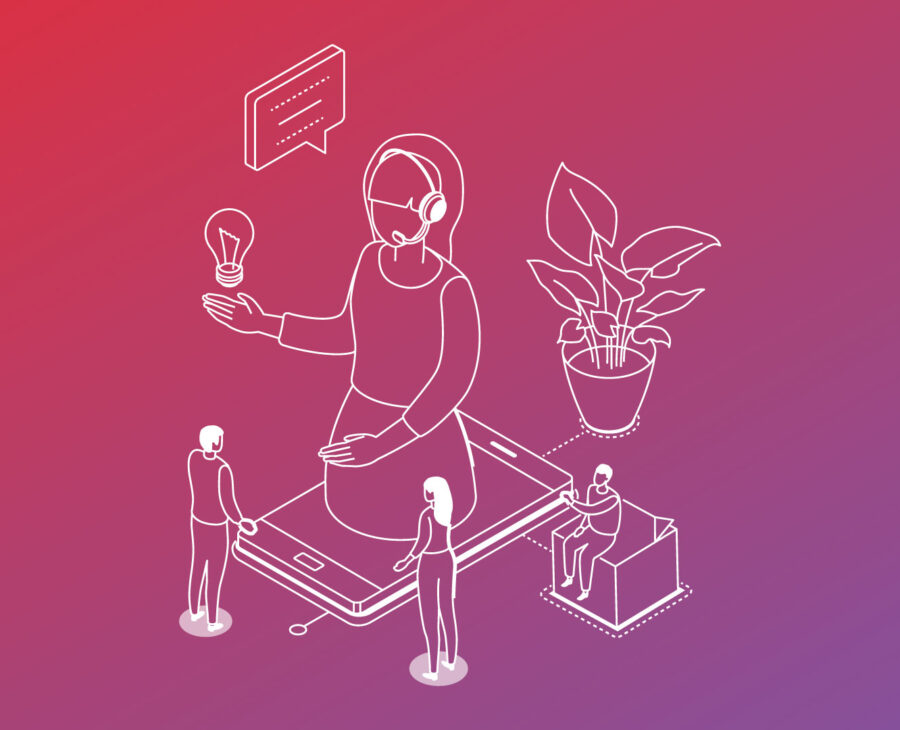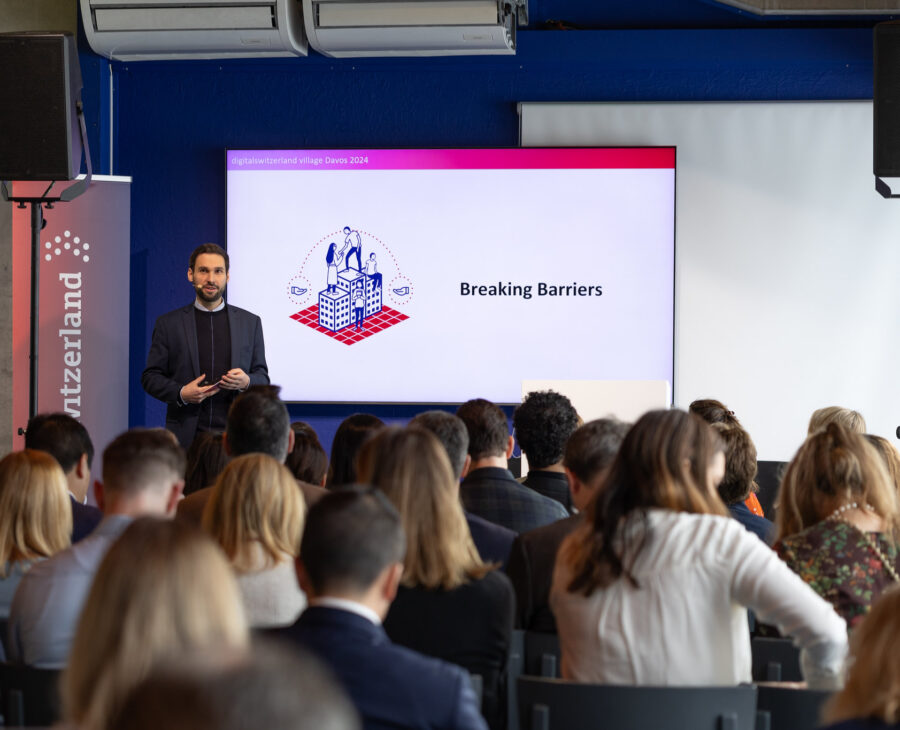September 2019 marks the launch of a joint national campaign by digitalswitzerland and the Union Patronale Suisse on lifelong learning. The initiative aims to raise awareness in Switzerland about the need to learn for life to be skilled for life. The International Labour Organization (ILO), in its 100th year, states that “Lifelong learning encompasses formal and informal learning from early childhood and basic education through to adult learning. Governments, workers and employers, as well as educational institutions, have complementary responsibilities in building an effective and appropriately financed lifelong learning ecosystem.”
Switzerland prides itself on high value-added products and services– made possible thanks to the country’s highly educated population. Switzerland’s public expenditure on education was some CHF 37 billion in 2018, a billion more than in 2014. Switzerland is the sixth most literate country in the world, just after the Nordic countries. Swiss people benefit from a uniquely flexible education system that allows participants to move between different educational levels or structures.
For Swiss people participating in further training, no expenses were incurred by participants for 60% of continuing training (without on-the-job training), either because the course was free of charge or because costs were borne by someone else (e. g. employer, government, etc.). 6% of training courses cost less than or equal to CHF 100, 16% between CHF 101 and 500, 8% between CHF 501 and 1000, and 9% of the training courses cost more than 1,000 francs per participant.
Lifelong learning and learning to learn is instilled even before school, and reinforced during each child’s school education and afterwards during academic studies or apprenticeships. Maintaining school and university systems that are forward-looking and adapt to the times, while keeping standards high, is a role shared by government, local authorities and teaching professionals.
In 2016, 62% of the permanent resident population of Switzerland aged 15 to 75 years reported having carried out at least one continuous training activity during the last twelve months (non-formal training). The range of topics varied widely, but popular areas were “economy, labour” (24%), “science, technology” (18%) and “health” (14%).
But what happens once formal education is completed? Embracing learning a lifetime long only works with all stakeholders on board.
As a 2018 Mercer study stated, “As organisations rethink their business models- redesigning work to harness the power of technology and adjust to a fast-changing world- it’s clear they can’t succeed without making people a priority.” At a global level, the company identified two major trends: upskilling digital competence and increasing access to online learning. The recommendation is therefore to “embrace exponential learning by creating a virtuous cycle between skill needs, learning access and hands-on development experiences”. As the world of work changes, businesses must adapt to increasing demands by employees for meaning, flexibility, adaptability and incentives that go beyond simple salary hikes or promotions.
In order to upskill and reskill the population, or simply to keep citizens abreast of technological developments, all teaching institutions, whether public or private, need to pull towards the common goal of lifelong learning. Organisations such as the University of the Third Age (U3 Suisse), the SVEB/FSEA for working adults, and private evening schools like Klubschule Migros or IFAGE all have a role to play in offering relevant courses that empower people to learn for life.
Give a man a fish, and you feed him for a day. Teach a man to fish, and you feed him for a lifetime. This much-quoted Chinese proverb still holds true today. It is up to each player in the economy to take up the challenge and learn to fish!
Get inspired by the 100 people who contributed their own stories to #LifelongLearning : German, French & Italian






